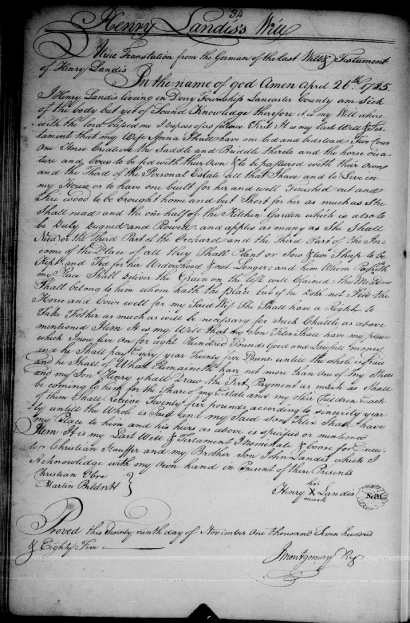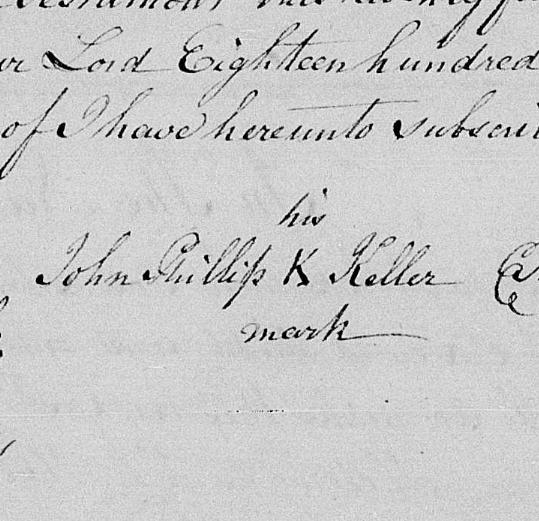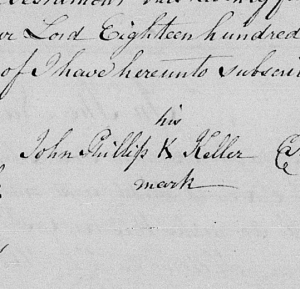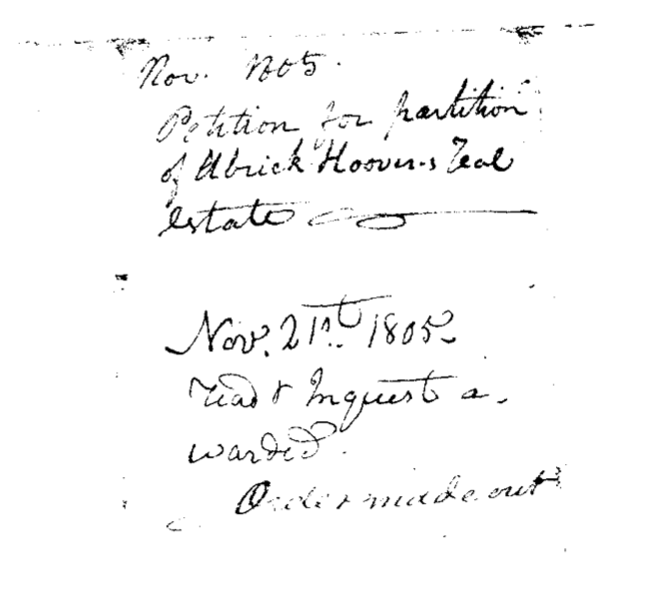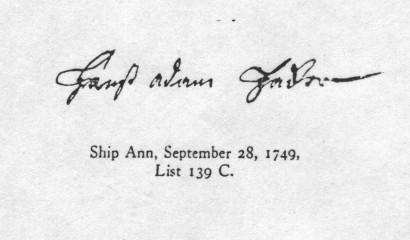Persistence Pays Off? Maybe. Maybe Not.
I wrote previously about finding information that Adam P. Hocker, son of George and Margaret (Prevost) Hocker of Buckingham County, Virginia, had served in the Company E of the 20th Virginia Infantry (Lee’s Guards) during the Civil War and died at the Battle of Rich Mountain. However, information I’ve recently located calls that into doubt.
The 1860 census indicates that Adam P. Hocker was a miller.1 This is fitting as I found an account, dated 8 May 1863, for the purchase of 180½ bushels of wheat by the Confederate Army in which “Mr. A.P. Hocker” was dissatisfied with the price of $487.35.2 A further note from 24 July 1863, signed by A.P. Hocker indicates that he received $812.25 for his wheat. On 19 January 1864, Adam appointed William Hocker as his attorney to receive any money due him from the Commissionary department of the Confederate States. So, during the war Adam was working as a miller and supplying wheat to the Confederate army.
Additionally, in looking up the members of Company E, 20th Virginia Infantry, the only name that looks close to “Hocker” was that of “E.T. Hocher.” E.T. signed up for 12 months service in Buckingham County on 20 May 1861 and appears on the muster roll for 30 June to 10 September 1861.3 The Battle of Rich Mountain occurred 11 July through 13 July 1861 in Randolph County, [West] Virginia.4 So, he likely would have been a participant at the battle.
I believe that “E.T. Hocher” may have been Edmund T. Hocker, son of George and Margaret (Prevost) Hocker and youngest brother of Adam P. Hocker. Ed reenlisted in the war on 9 February 1862 with Company H, 22nd Battalion of Virginia volunteers to serve the whole war.5 Subsequent records show him as Edmund T., Edward T. and E.T. Hocker. The muster rolls show him as serving through 1865 though he was injured 1 July 1863. Ed also survived the war, appearing in the 1880 census with the Nathan Payne family in the Slate River district in Buckingham County, Virginia.6 He died 23 December 1891.7
Adam’s brother, Amos H. Hocker, also served in Civil War. He enlisted on 7 February 1862 for one year as a private in Company K, 2nd Regiment Virginia Artillery.8 This regiment disbanded in May 1862. Amos then enlisted on 28 July 1862 for 6 months in Company C, 25th Battalion VA Infantry.9 He actually served through 1865. He was hospitalized for rheumatism from July to September in 1863. He also requested a 25-day furlough on 30 August 1864, but was present with his unit in November and December. He was apparently captured by the Union on 6 April 1865 in Nottoway County, Virginia—possibly at Sailor’s Creek when General Sheridan cut off nearly a quarter of the retreating Confederate Army—and sent to Point Lookout, Maryland. He was released on 13 June 1865.
So, it doesn’t look like Adam served in Company E of the 20th Virginia Infantry and didn’t die in the Battle of Rich Mountain. So, what happened to him?
The answer may lie in his brother Amos’ letter requesting a furlough in August 1864. Here’s what he wrote:
Camp 25 Va Batt
Chaffin’s Farm/30 Aug 1864
Col.
I respectfully ask a Furlough for Twenty-five Days under the following circumstances, to go to Buckingham County [?] my Father died during last year & willed me an amount in money, one third of which [I know not] between $5000 & $6000 I have already lost by reason of the act of Congress reducing the currency & my not being able to obtain a Furlough at the time to make an investment, one of my brothers has since died & left important business requiring my attention; the remnant of money left me was invested in Court Bonds, which the Shff informed me will now be paid & has avised [sic] to come & received the same I desire to make a permant [sic] investment of these funds which is the object of this application. I saw Genl. Ewell on yesterday & stated these facts to him who voluntary consented to approve Furlough for the time asked.
Very Respectfully
Yr Obs. Svt.
A.H. Hocker
Co. C 25 VA Batt
Did you see that? He wrote: “one of my brothers has since died…” Both of his younger brothers George W. and Edmund T. survived the war. Thus, Adam P. Hocker—his only other brother—died sometime shortly before 30 August 1864.
Persistence does pay off; but often it’s in unexpected ways.








